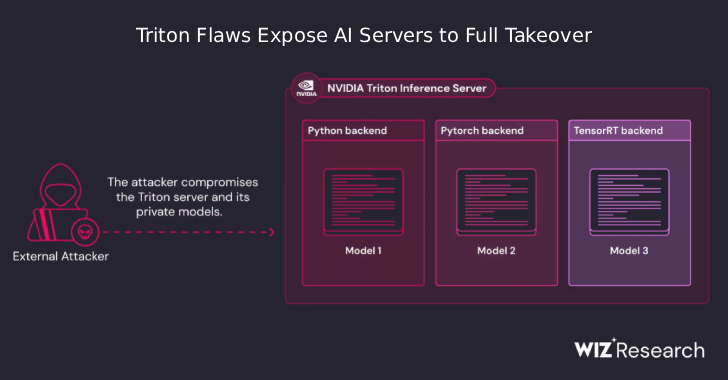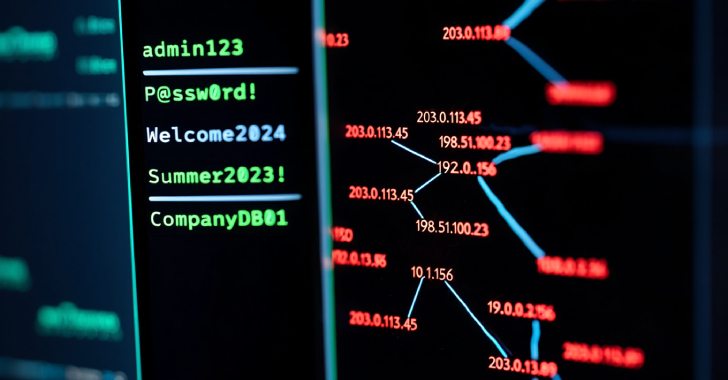The ransomware ecosystem has changed significantly in 2022, with attackers shifting from large groups that dominated the landscape toward smaller ransomware-as-a-service (RaaS) operations in search of more flexibility and drawing less attention from law enforcement. This democratization of ransomware is bad news for organizations because it also brought in a diversification of tactics, techniques, and procedures (TTPs), more indicators of compromise (IOCs) to track, and potentially more hurdles to jump through when trying to negotiate or pay ransoms.
“We can likely date the accelerated landscape changes back to at least mid-2021, when the Colonial Pipeline DarkSide ransomware attack and subsequent law enforcement takedown of REvil led to the dispersal of several ransomware partnerships,” researchers from Cisco’s Talos group said in their annual report. “Fast forward to this year, when the ransomware scene seems as dynamic as ever, with various groups adapting to increased disruptive efforts by law enforcement and private industry, infighting and insider threats, and a competitive market that has developers and operators shifting their affiliation continuously in search of the most lucrative ransomware operation.”






